Freshly-appointed Parliamentary Secretary for Planning Deborah Schembri intends to hit the ground running and insists she wants the reform of the Lands Department to be concluded as soon as possible. She believes that there must be clear definitions and the necessary legal structure in order to allow no room for abuse.
In an interview with Gabriel Schembri, the incoming junior minister explains the difficult sector she has to address, while embracing the new challenges ahead. She believes that, in the same way as in the referendum campaign, with the right mind set and a clear goal in mind, she can achieve the expected results.
Dr Schembri had promised the Prime Minister she would be willing to help wherever he needs her and, by the looks of it, she’s very much ready to deliver.
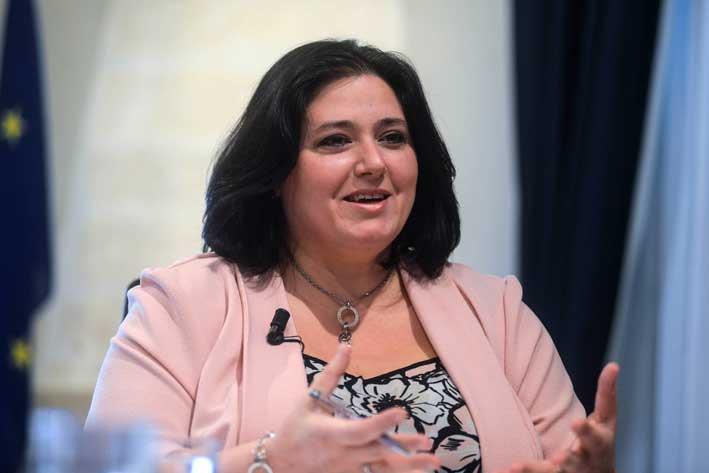
What is going on at the Lands Department? What is this reform all about?
With the reform, most of the lands processes have had to be completely halted – well, until a new decision is taken to put the things back on track so that daily work can go on uninterrupted.
Everybody knew we had a problem at the lands that dates back to many years, and when the Prime Minister announced the reform all the file processing related to expropriation had to come to halt.
I held meetings with the lands department to get myself informed as much as possible. But most of all, I want to check if there are any files which can be released so that the public doesn’t get to wait any longer for nothing. The tendering process is the most delicate one and the one which is most prone to abuse.
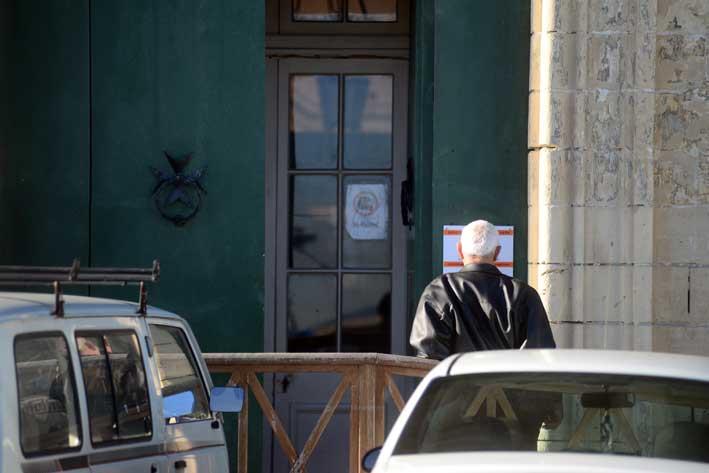
The Prime Minister also mentioned the relocation of the department from its current site, Auberge de Baviere, in Valletta. To where will it be moved?
The Auberge de Baviere is not ideal. Things need to change. I can’t tell you when I’ll know but I can assure you that this is not a reform that can take long. It needs to be completed as soon as possible, because having lands files frozen is affecting people.
Who are the members of the Quintano Commission and are there any Mepa representatives?
The board is composed of two consultants and two permanent secretaries.
Once the Lands Department has become an Authority, will it still be under your remit?
Yes, of course. This is a necessary change because in the case of a department, the politicians have more say, but an authority is more autonomous and therefore can function much better. The structure is completely different. The way things are run at the Department now does not allow for the lands sector to develop its full potential. An authority is more transparent; this change will even require a new legal structure.
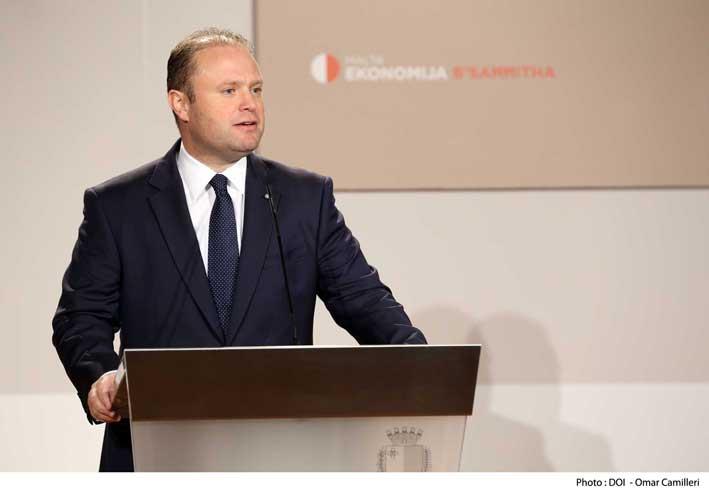
When were you informed of your new role?
The Prime Minister informed me on the very same day it was announced, that very same Wednesday afternoon. I received a telephone call from Dr Muscat who asked me if I was sitting down and then gave me the news.
With the divorce referendum campaign, you won a lot of respect from the public. Do you not feel that this choice – of taking a step into hard-core politics – will somehow tarnish that respect?
I think this very question implies a lack of faith that things will turn out right. I believe that things will get better. Some people think the divorce referendum campaign was easy. It wasn’t. We had a very difficult task ahead but with perseverance and a fixed goal in mind, it was a success. Not just the campaign in itself, but the law that I wrote, has so far been successful.
This for me is a new challenge and I know there are problems that have accumulated over the years. But I’m sure that, even this time, we can establish a law that gets the expected results. My greatest hope is that the public will notice the difference between what we have had in the past, and what we will manage to achieve now.
The one thing that made me go into politics is the ability to make changes and help people. I participated in the divorce campaign for this very reason. My satisfaction is looking at people coming out of law courts satisfied with what they achieved by the law we introduced after the referendum.
I had promised the Prime Minister that I would be willing to help out wherever he needed me and I made that promise knowing that one day I would receive such a request.
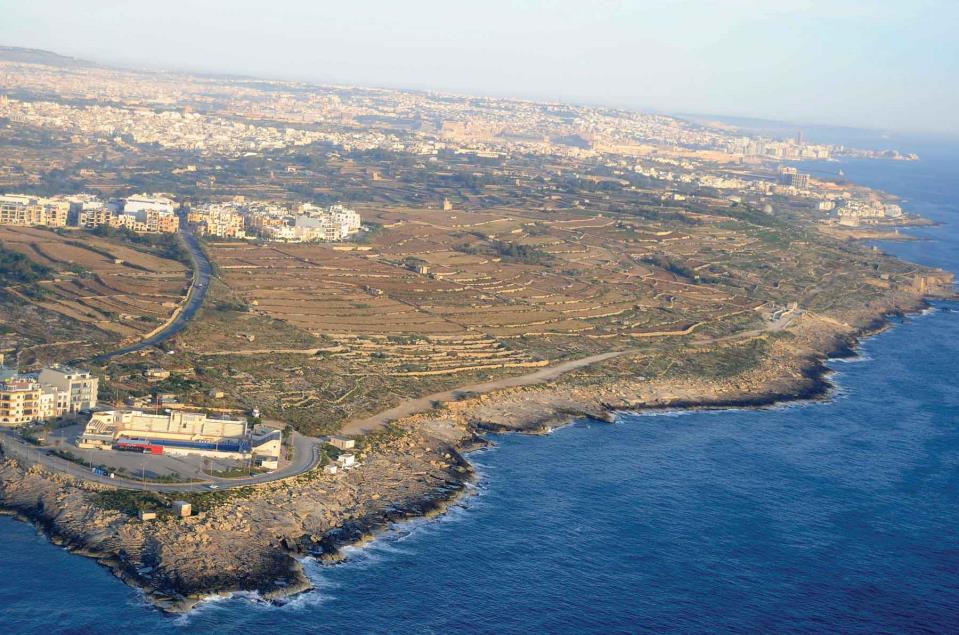
How are you going to convince the public and the NGOs that you really care about the environment?
I’ve always had this sector at heart. Actually, my second option – apart from becoming a lawyer – was to become an architect. In fact, I was very involved in the Mepa demerger discussions. On paper, this has now been carried out. But I still need to put the new law into practice with the necessary legal notices. This demerger is aimed at helping the environment.
It is impossible to say that there will be no more development or building, because the wheels of the economy must be kept spinning. But it is my responsibility to ensure that there is the right balance between development and sustainability. This is a government that listens and in this case, respect is gained by listening to the concerns of the NGOs.
You mentioned that this government is one that listens. Are you going to look into the PN’s Idea Ambjent document?
I will. Right now I have a whole list of reports that I am going to look into, including reports prepared by the previous administration. Unfortunately, the previous administration did not make use of them. I want to use all the knowledge I can get hold of so that at least we can use it during this administration. Michael Falzon had already started doing this and I intend to carry on. There have been scandals in the past but I want a clean start.

I don’t want to dwell on the past, but as you know, there are other people like Marco Gaffarena. Now that you’re in Michael Falzon’s seat, should another Gaffarena approach you, what would you do differently?
We are changing the structure, because a major problem in the way things were managed was due to the structure. I intend to bring about a radical change so there will be no room for abuse. This way, we are already eliminating most of the possibility of such things happening.
For example, right now there is no legal structure on how to carry out a land valuation. As things are today, an evaluation is totally subjective to the architect’s opinion. We need one standard to serve as a guideline for the architect’s final verdict on the value of that piece of land. This alone will already serve to deal with part of the problem. We also need to define what a ‘public purpose’ is. It is only by having clear definitions that we can ensure transparency.
I don’t want things to change just while Deborah Schembri is around, but to find solutions that last for those that will occupy this seat after me.

But what would you have done in Michael Falzon’s place?
I won’t even go there. First of all, there a lot of perspectives to the story but I can’t put myself in that situation – I wasn’t there.
Does the secretariat have people who are completely new?
Some are new, but I did get some of Michael Falzon’s people on board. I felt it was unfair to leave out those who have worked hard and done a good job. Those who can help with the transition will be kept on board. Some people had to be completely left out, naturally. Two or three who used to work with Dr Falzon are going to help me with the transition.
Dr Falzon is giving me a very good hand-over. This Secretariat needs to keep on running.
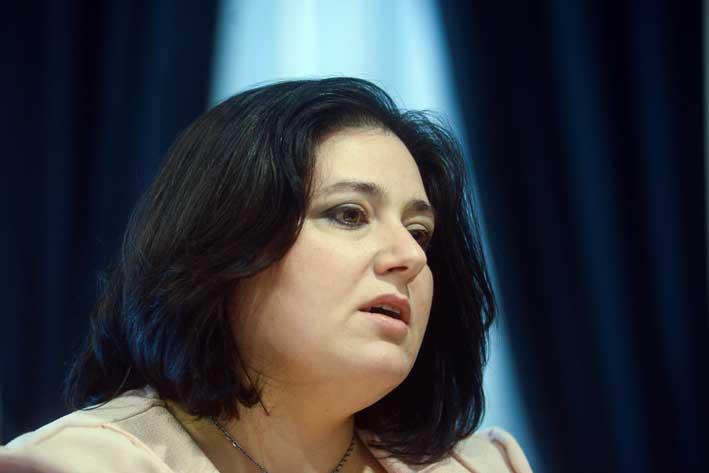
When will this reform process be concluded?
As soon as possible. From what I can see so far, I hope the reform process will be concluded before the summer recess.
Are you comfortable seeing the Prime Minister having those who were made to resign because of serious allegations being treated like heroes?
Our political responsibility extends to things done by the people who work with you, things that a politician would not have done. The politician has an extended responsibility. The Maltese think that taking political responsibility only means tendering your resignation, but it’s not the case. When a person resigns, it does not mean that the person can no longer be trusted.
But in the Gaffarena case, didn’t Michael Falzon involve himself directly?
The NAO report shows that Dr Falzon did not take any money for himself, or that there was any corruption involved. I did not see the Prime Minister treating Dr Falzon as a hero. I only saw the Prime Minister giving him his due. At the same time, Dr Falzon consistently claimed that he never did anything for personal gain. We respect the NAO’s report, but we also have to respect him as a politician.
We have to be fair. True, you have to know who your people are. But do you think that a Parliamentary Secretary or Minister can know what his people are doing all the time? And do you think that those who are going to do something wrong are going to let the Minister know?
This government is setting the bar higher, and I am ready to take the challenge.